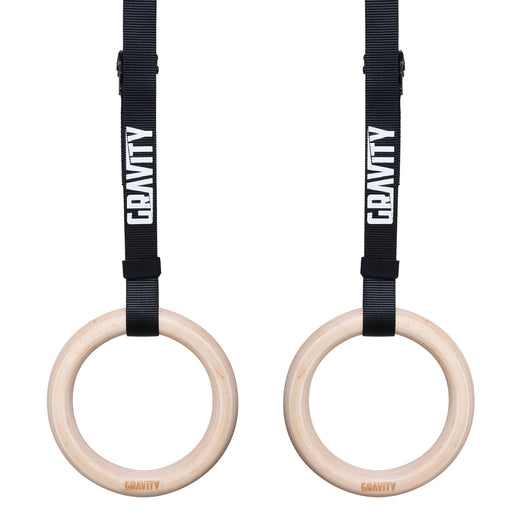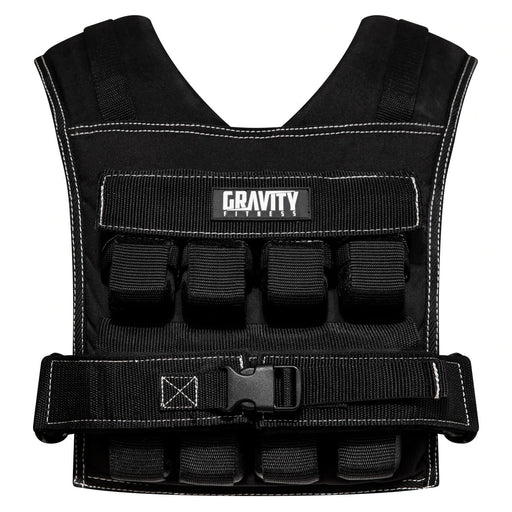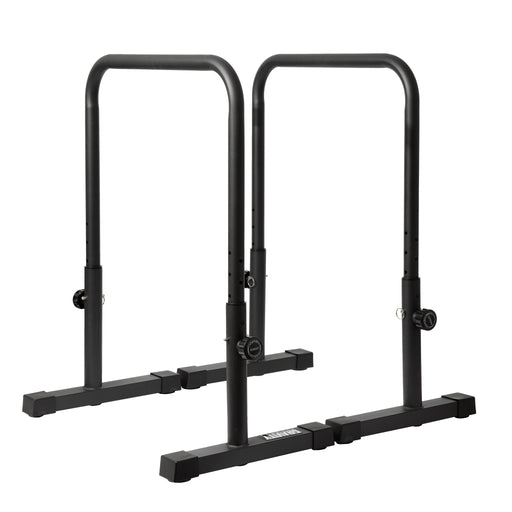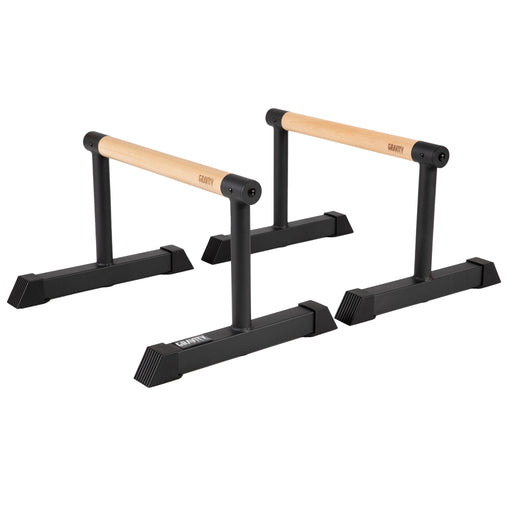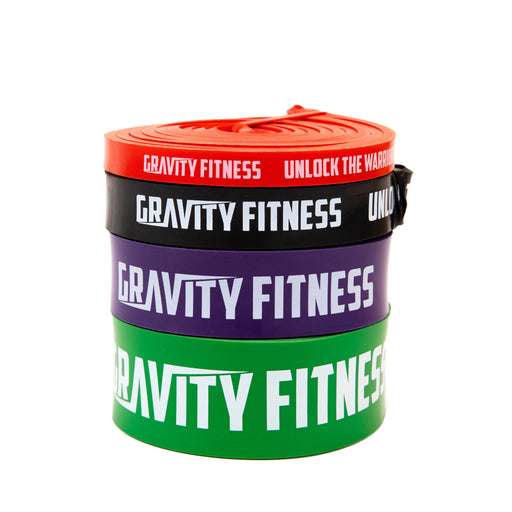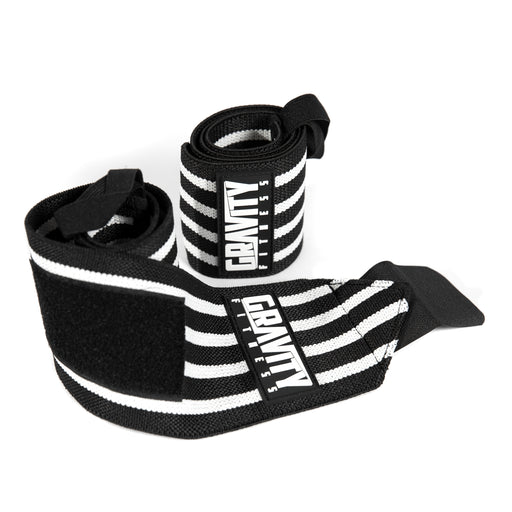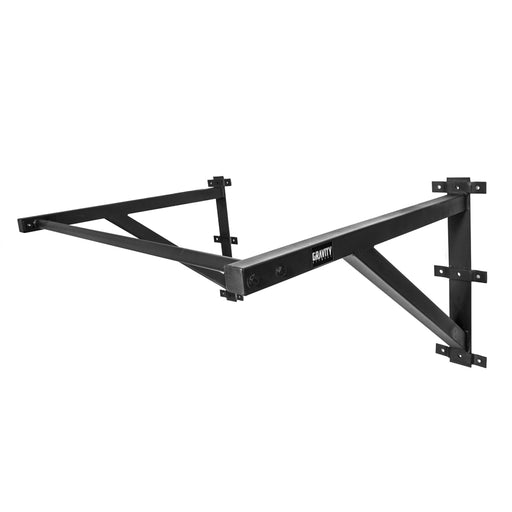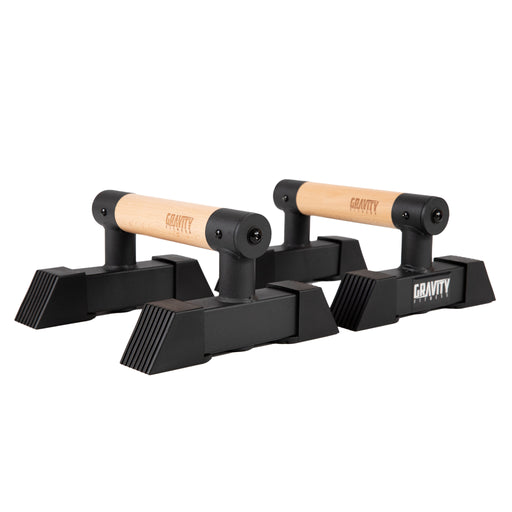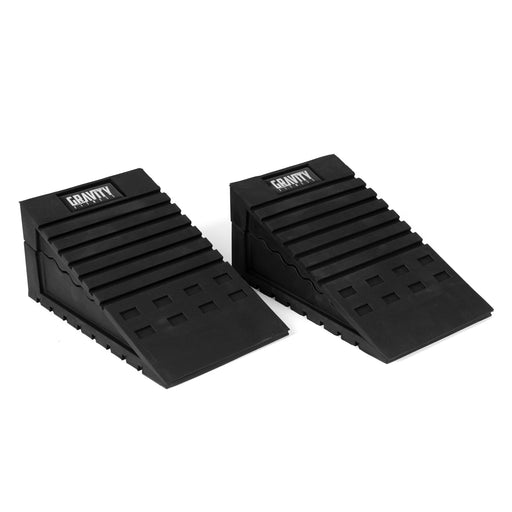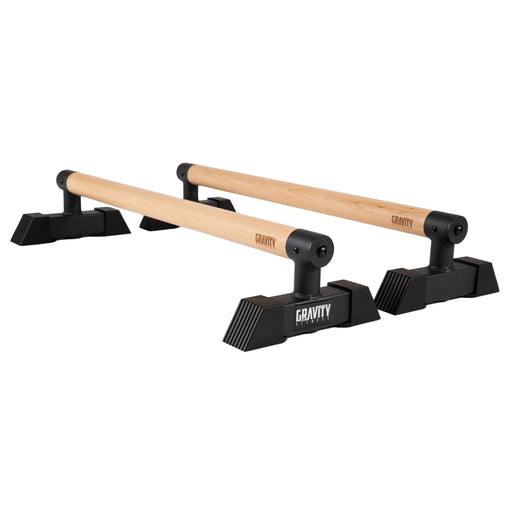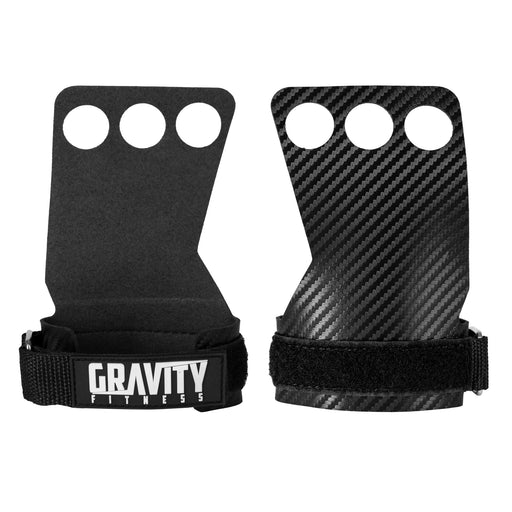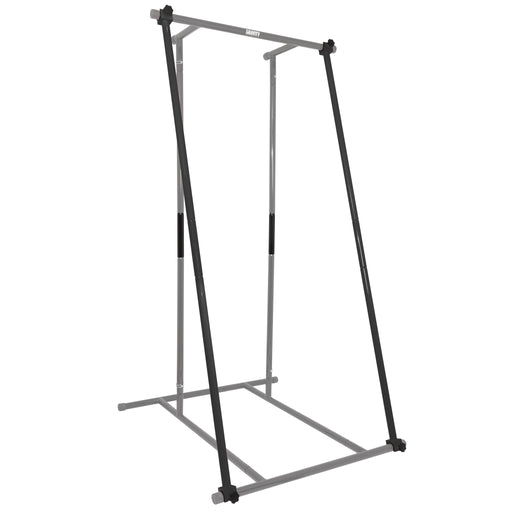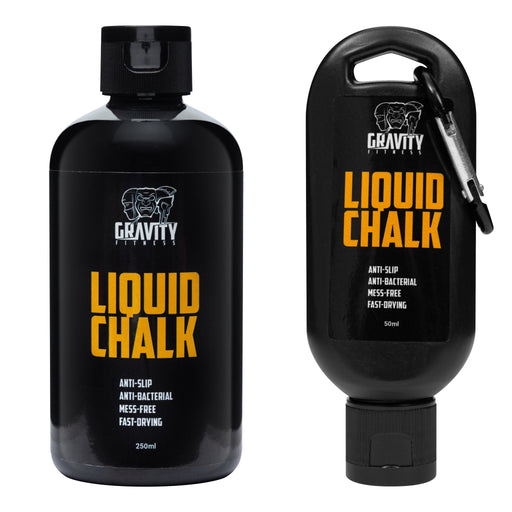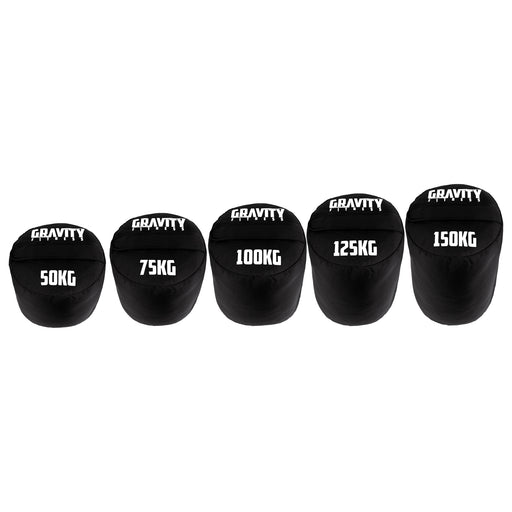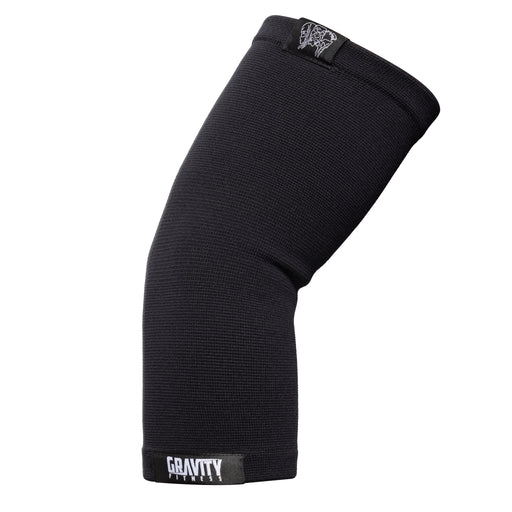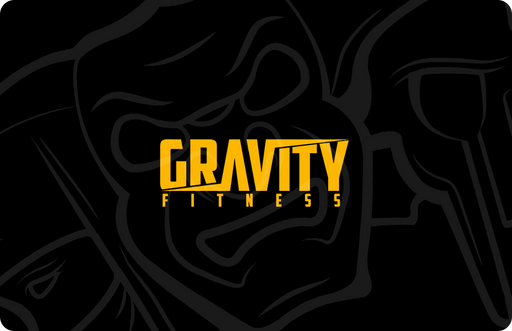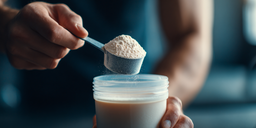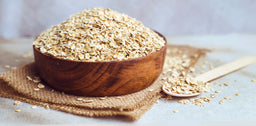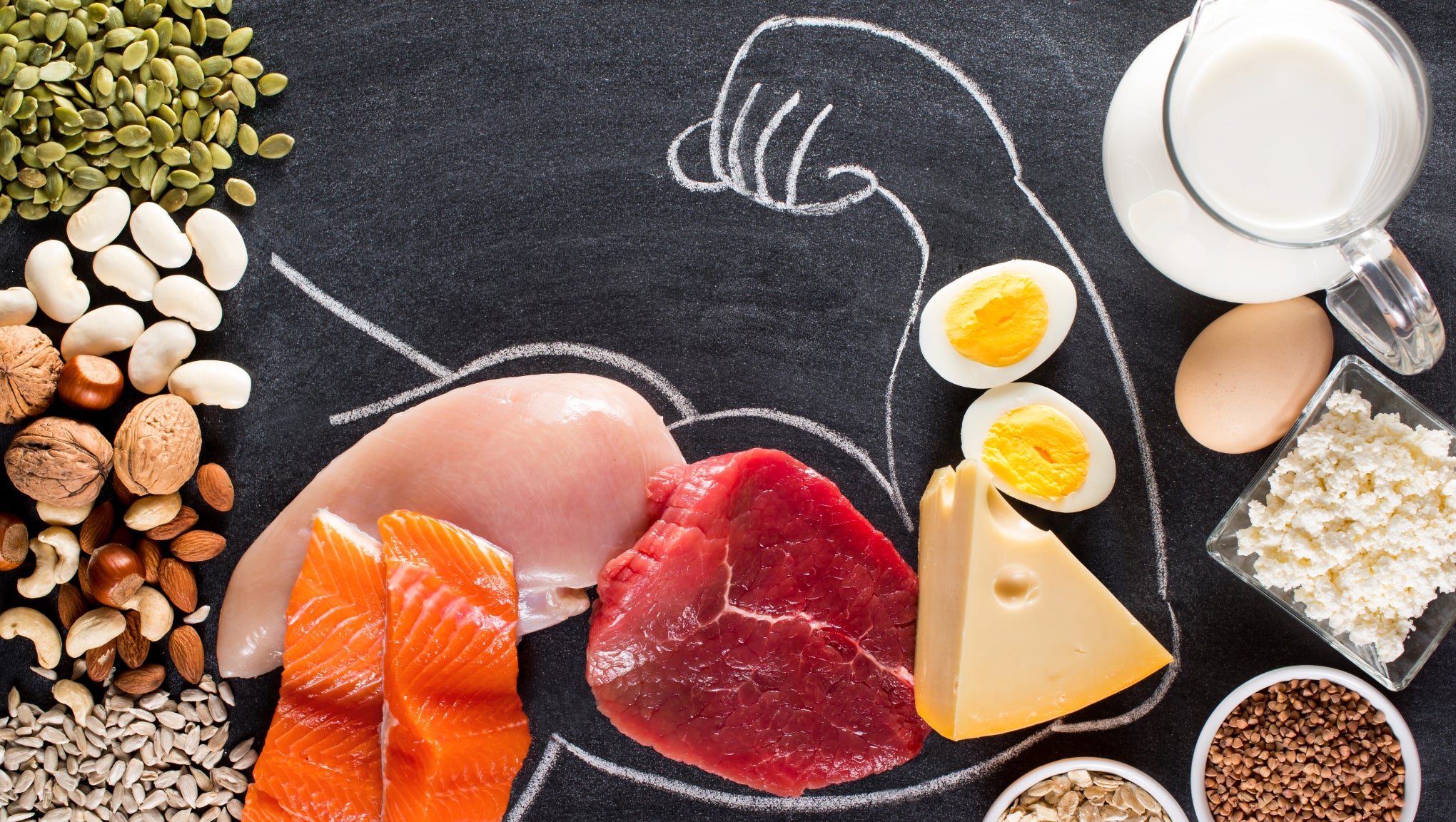
How to eat for healthy muscle gain
Calisthenics favours lighter bodies – but what if you want to pack on some muscle? When you’re overwhelmed by nutrition advice, it’s time to go back to basics. Here’s our simple guide to eating for muscle gain (even for small appetites!)
Nutrition basics for healthy muscle growth
Most people understand the basics of nutrition for fat loss (a calorie deficit, right?) But eating to gain weight seems more confusing. Ultimately, it’s still about calories. You need to eat more than you expend to gain tissue. However, you also need to think about what you’re eating to maximise muscle gain and minimise bodyfat.
Calorie surplus – muscle tissue doesn’t grow out of thin air. You need to consume more energy than your daily calorie output so your body can use that energy to grow. Aim for a surplus of 300+ calories a day and monitor progress.
Protein intake – protein is essential for muscle growth. Aim for 1.5-2 grams of protein per kg of bodyweight a day.
Carbohydrates – these are your body's primary energy source, helping you train harder to gain muscle tissue.
Dietary fats – healthy fat in your diet is crucial for hormone production, including testosterone and other anabolic (growth) hormones.
Meal frequency – there are no rules, but if you’re aiming for a calorie surplus, it makes sense to eat often. Try not to go all day without eating!
Food volume – find meals and snacks that pack a lot of calories into a small amount of food, to avoid overloading your digestive system.
How to gain weight the healthy way
If you’re busy all day, have a small appetite, or forget to eat, it’s going to be difficult to get the calories in. Try these strategies to hit your calorie surplus.
- Eat more frequently (3 meals a day plus a couple of snacks)
- Choose calorie-dense foods (nuts, dried fruits, whole milk, higher fat cuts of meat)
- Use liquid calories like smoothies and protein shakes for convenience
- Add cheese, nuts, and other high-calorie extras to meals to bump up calories
- Don’t forget to eat before and after training even if you’re in a rush
- Track your calorie intake for a bit to get clear on your numbers
How to gain muscle and not fat
As a bodyweight training athlete, you don’t want to add any extra bodyfat if you can help it. Here’s how to make sure those extra calories you’re eating mostly become muscle, and not fat.
Keep the calorie surplus moderate (300-ish above maintenance) and track your muscle gain. If it’s slow, add 200 more calories. If you’re gaining fat faster than you want to, trim 100 off.
Find a routine that works for you, including meals, snacks, and go-to food choices that help you meet your calories goals even on the busiest of days. Keep protein high, but not at the expense of other macros. You need carbs and fats too.
And keep training hard! If you’re doing resistance training with progressive overload, your body will use the extra nutrition to grow and maintain muscle mass.
How to structure a muscle gain diet
- Calculate your calorie goals - use an online calculator to estimate your maintenance calories, then add 300-500 a day. Your TDEE (total daily energy expenditure) includes BMR (basal metabolic rate – the calories you need just to survive), movement, and activity. The extra calories need to be on top of this.
- Choose your macronutrient split – as long as you’re hitting a reasonable amount of protein (1.5-2g per 1kg bodyweight), you can split the remaining calories across carbs and fats to suit you. Try to get a reasonable balance, without cutting anything out completely.
- Plan your meals - divide your daily calories across 3 meals and a couple of snacks (not forgetting pre-training) that you enjoy.
- Choose nutrient-dense foods – food quality isn’t everything, but it is important for health. Try to get the majority of your food from things like meat, fish, eggs, dairy, fruit, veg, pulses, grains, beans etc. But don’t be afraid of processed foods, there’s nothing wrong with them in moderation (and cutting them out is rarely good for your emotional and social health!)
- Eat for training – don’t forget to eat before and after training, even when you’re busy. Come up with a pre-training snack that’s easy to prep and have with you if you go straight from work.
How much protein do you need to gain muscle?
While protein is crucial for muscle growth, you don't need excessive amounts. In fact, eating too much might make it difficult to get other macronutrients in. Aim for 1.5+ grams per kg of bodyweight daily. It’s best to spread protein intake out across your meals and snacks, but don’t stress about it being even. Just try not to pack it all into a couple of meals!
Do you need carbohydrates to gain muscle?
Carbohydrates play a key role in gaining muscle, and not just because they fuel your strength training sessions. Carbs also have a protein-sparing effect, which means protein can be used for muscle building rather than for energy.
Your daily carb intake will be personal to you (some people really like high carb, others prefer fats which means carbs will be lower). But even if you don’t love them, try to get some carbs in, especially in your pre and post training meals and snacks.
Myth busting: facts vs fiction for health muscle gain nutrition
Myth - eat every 2 hours to gain weight
Fact – frequent mini meals can help some people meet their calorie goals (especially if you have a small appetite), but it’s total daily intake that matters. Find a frequency that works for you.
Myth - you need loads of protein to gain muscle
Fact – more isn't always better. Get at least 2g per 1kg bodyweight and adjust that number upwards if you’re not gaining muscle.
Myth - you have to eat 'by the clock'
Fact – it’s important to eat enough, but rigid meal timing isn't necessary. And it doesn’t work for most people’s lifestyles. Try to tune into your body’s hunger signals instead.
Myth - eat 6 meals a day to gain muscle
Fact – total calories matter more than the number of meals. Eat your daily calories in a way that works for your appetite and schedule.
Myth - you need to gain weight fast to build muscle
Fact – it’s better to aim for steady gain, around 0.5% of bodyweight per week.
Good luck with your muscle gain goals, and let us know if you want any more blogs about nutrition.













